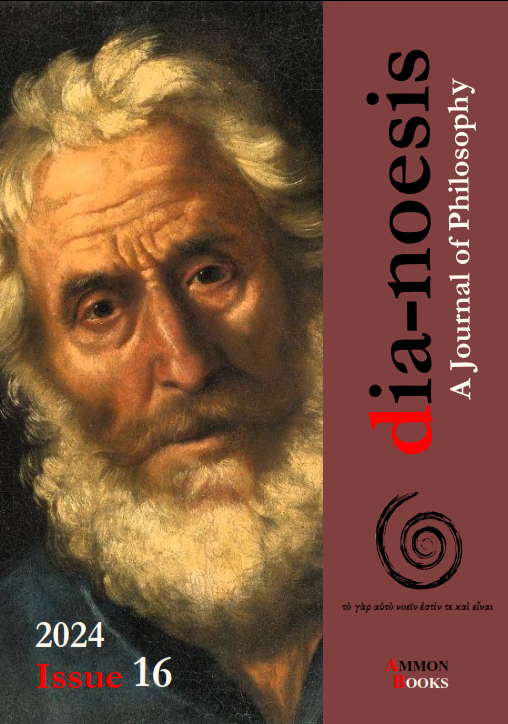Pythagorean Philosophy and Theurgy on Friendship

Abstract
In the Pythagorean tradition, friendship is elevated beyond a mere human relationship, serving as a means to transcend human frailty and attain immortality. This philosophy posits that humans are imprisoned and require liberation through the benevolence of the gods. The Pythagorean way of life is seen as a path to achieving immortality and freedom, where friendship with the gods is the highest form of association. The spiritual practice of theurgy is essential in this process, enabling humans to purify themselves and receive the gift of friendship from the gods. The Pythagoreans distinguished between various forms of friendship, including the highest and most noble understanding between gods and humans, which requires faith, knowledge, philosophy, and theurgy. True friendship is characterized by trust, piety, and scientific worship, and its pursuit necessitates the avoidance of jealousy and conflict, as well as careful judgment and reverence. Additionally, purification, self-control, and a healthy diet are crucial in the pursuit of wisdom and friendship. Ultimately, the Pythagorean philosophy on friendship offers a profound understanding of human relationships, emphasizing the importance of spiritual growth, self-transcendence, and the pursuit of wisdom, leading to the cultivation of true and lasting friendships that bring about wholeness, reconciliation, and harmony.
Article Details
- How to Cite
-
Petrou, A. (2024). Pythagorean Philosophy and Theurgy on Friendship. Dia-Noesis: A Journal of Philosophy, 16, 111–126. https://doi.org/10.12681/dia.39535
- Section
- Articles


